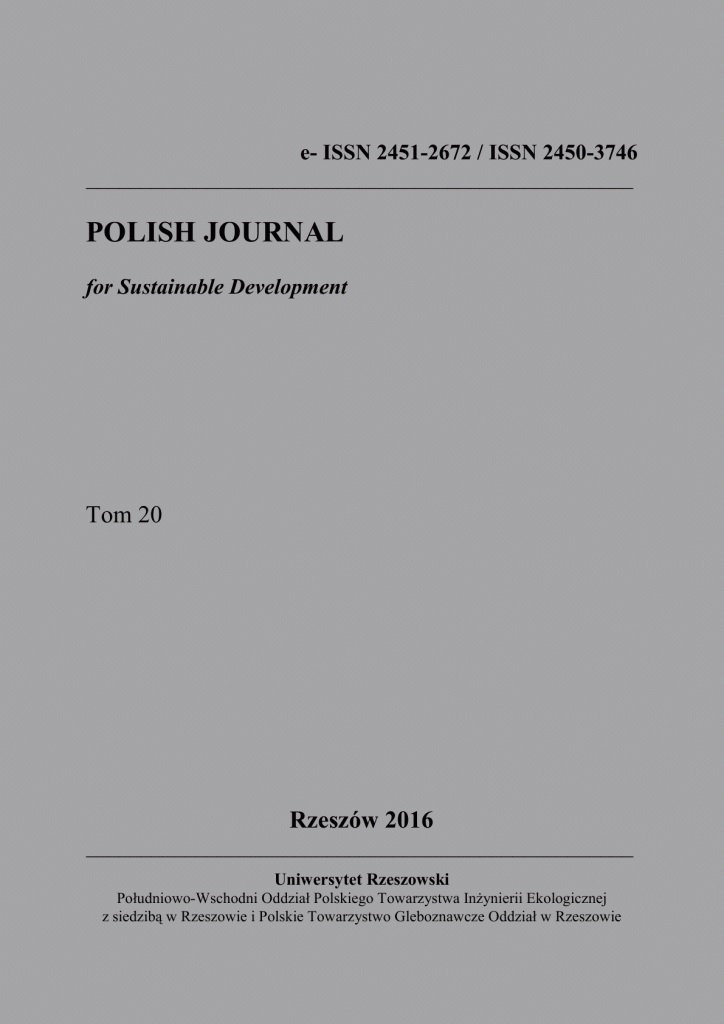Considerations on sustainable waste management
DOI:
https://doi.org/10.15584/pjsd.2016.20.12Keywords:
sustainable municipal waste management, municipality, retardationAbstract
Municipal waste management is an important element of sustainable development. Presence of such waste in the environment poses numerous hazards, such as pollution of surface and ground waters, as well as air and soil ecosystems; moreover waste constitutes feeding grounds for insects, birds and rodents. Waste is subject to biochemical transformation and the environment may be affected by the products of decomposition such as: carbon dioxide, hydrogen sulphide, aldehydes, organic acids, methane and other compounds. Therefore, it contributes to greenhouse effect, acid rains and ozone depletion. Preventing production of waste is the most effective way to reduce its environmental effects. Many objects which we dispose of may in fact be reused, others may be recycled. Protection of living natural resources against waste is an important problem not only for scientists; its importance should also be recognized by administrative and political bodies, as well as members of the civil society which should initiate efforts aimed at retardation of the speed of flora and fauna species extinction. In the new financial framework for the period of 2014-2020 there is emphasis on innovations. These are also important for retardation of the negative effects of waste in the broadly understood environment.
Downloads
Published
Issue
Section
License
Copyright (c) 2016 Polish Journal for Sustainable Development

This work is licensed under a Creative Commons Attribution-NonCommercial-NoDerivatives 4.0 International License.


